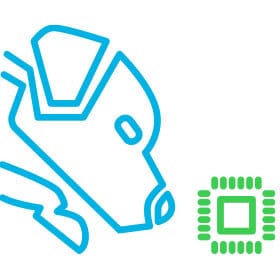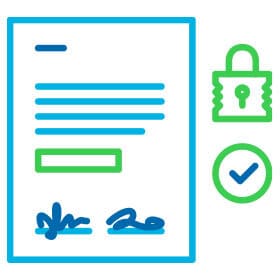Guarding client confidentiality while meeting the data compliance requirements of multiple finance regulations.
Banks, credit unions, credit card brands, and other financial service firms handle more than monetary transactions. They also retain personally identifiable information (PII) and organizational data on their clients, such as bank account, credit card, and Social Security numbers, as well as usernames, passwords, and more. Financial information attracts cybercriminals with multiple payoff opportunities, including direct withdrawal access to various accounts and the sale of this information on the dark web, hence why financial institutions are hit with cyberattacks at 300 times the rate of any other industry.
Because of the enormous volume and value of data being processed, the financial services industry is subject to several federal regulations, namely the Sarbanes-Oxley Act (SOX), Gramm-Leach-Bliley Act (GLBA), and Payment Card Industry Data Security Standard (PCI-DSS). To comply with these laws and combat relentless cyberattacks from threat actors who will try any means necessary to infiltrate networks, financial institutions must rely on proactive measures and technologies.
Spirion reduces the risk associated with sensitive personal information and consumer financial data. Accurate visibility into sprawling data repositories enables financial institutions to minimize risk exposure, improve efficiencies, and inform compliant decision-making. Once they know where their most regulated data resides, they can effectively protect it, set broader security strategies, and gradually incorporate additional controls to strengthen defenses and uphold compliance.





